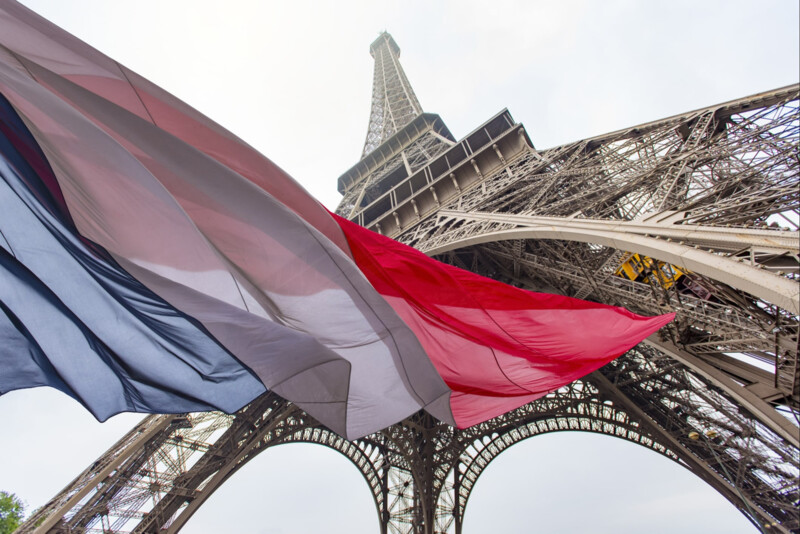Au lendemain de la réélection d’Emmanuel Macron, la situation économique de la France apparaît comme un des principaux défis de ce nouveau mandat présidentiel. Dans un contexte mondial perturbé par la guerre en Ukraine, et alors que l’inflation freine la consommation, les enjeux sont de taille pour les 5 années à venir.
Un contexte économique mondial perturbé
Si plusieurs indicateurs économiques, comme le taux de chômage ou encore les perspectives d’embauche, incitent plutôt à l’optimisme, les premiers signes d’une possible récession sont pourtant déjà présents.
L’activité de la France a bel et bien progressé au mois de mars, mais la Banque de France a tout de même dû revoir à la baisse sa prévision de croissance sur le premier trimestre 2022. Alors que l’estimation initiale visait une hausse du PIB de 0,5 %, la banque centrale table désormais sur une croissance de 0,25 % au premier trimestre.
Durant les 9 premiers mois de 2021, l’activité avait progressé de près de 5 % après une année 2020 marquée par le début de la pandémie de Covid-19 et les confinements, puis elle avait ralenti pour atteindre une progression de 0,7 % fin 2021.
L’invasion de l’Ukraine par la Russie et les sanctions internationales qui en ont découlé rendent les perspectives d’activité très incertaines pour les mois à venir, tout comme la politique « zéro Covid » menée par la Chine, qui oblige certaines usines à fermer et perturbe les chaînes d’approvisionnement.
Vers une éventuelle récession
Selon les économistes du FMI, la France devrait enregistrer une croissance inférieure à 1 % entre fin 2021 et fin 2022, et certains analystes prévoient même une baisse du PIB au printemps et à l’été.
L’inflation, qui a atteint 4,5 % en mars, ne serait pas étrangère à cette éventuelle récession, freinant la consommation des ménages. Même si des augmentations de salaire sont appliquées, elles ne suffiront pas à compenser la hausse des prix et à éviter les pertes de pouvoir d’achat attendues en 2022.
Emmanuel Macron n’est pas le seul président de la Vème République à devoir faire face à un contexte économique perturbé. Mais à la différence de Valéry Giscard d’Estaing, Nicolas Sarkozy ou François Hollande, cette situation économique incertaine s’impose dès le début de son second mandat.
Le contexte est donc bien différent de celui de 2017, où le premier mandat d’Emmanuel Macron avait débuté avec une croissance en pleine progression, à un taux supérieur à 2 %.
Les conséquences de la hausse des prix
La hausse des prix de l’énergie et de bon nombre d’autres matières premières va également avoir un double impact. Tout d’abord sur les entreprises, qui pourront pour certaines répercuter ces hausses sur leurs prix de vente, avec comme conséquence une diminution du pouvoir d’achat et donc de la consommation des ménages.
Par ailleurs, les entreprises qui ne pourront pas augmenter leurs tarifs verront leurs marges réduites et devront ajuster leurs investissements en conséquence, d’autant que d’autres facteurs risquent de peser sur leur trésorerie, comme la hausse des taux d’intérêt et le remboursement des prêts garantis par l’État.
Enfin, le deuxième impact de cette hausse des prix est attendu du côté employeurs-employés. Les revendications salariales vont très probablement se multiplier pour faire face à cette perte de pouvoir d’achat, et des grèves sont à prévoir dès la rentrée de septembre 2022.
Or, dans ce contexte inflationniste, la Banque centrale européenne a décidé de mettre un terme à ses achats d’actifs dès l’été 2022, provoquant ainsi une raréfaction de l’argent public. L’heure sera donc, pour le gouvernement français, à la réduction des dépenses publiques, ce qui risque peu d’apaiser les tensions sociales.
